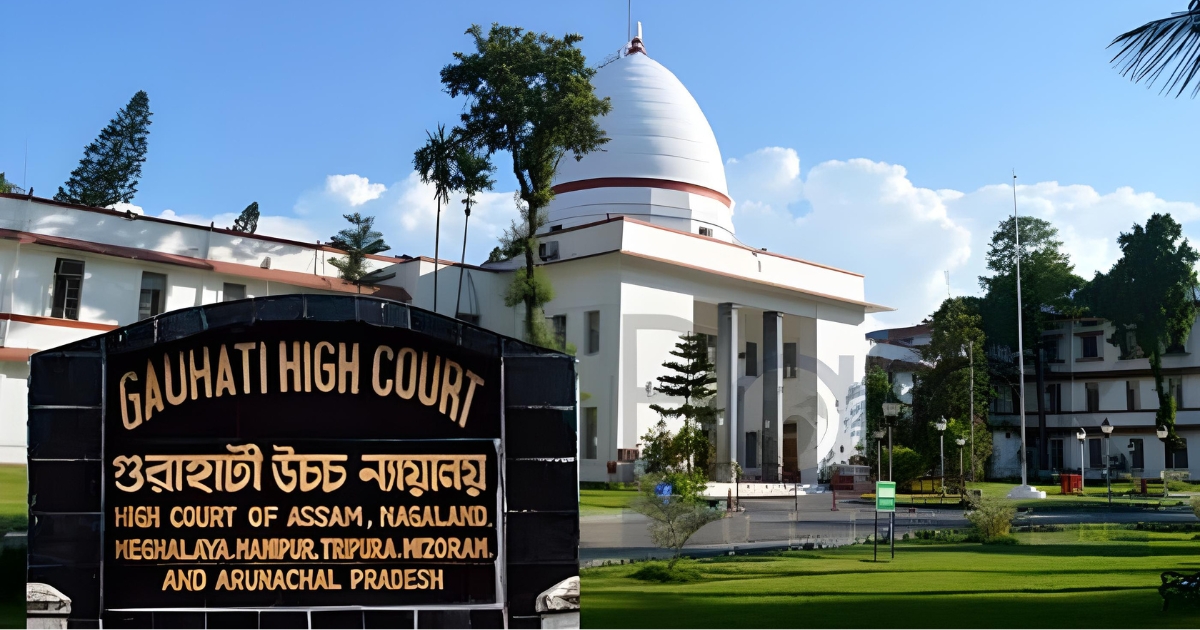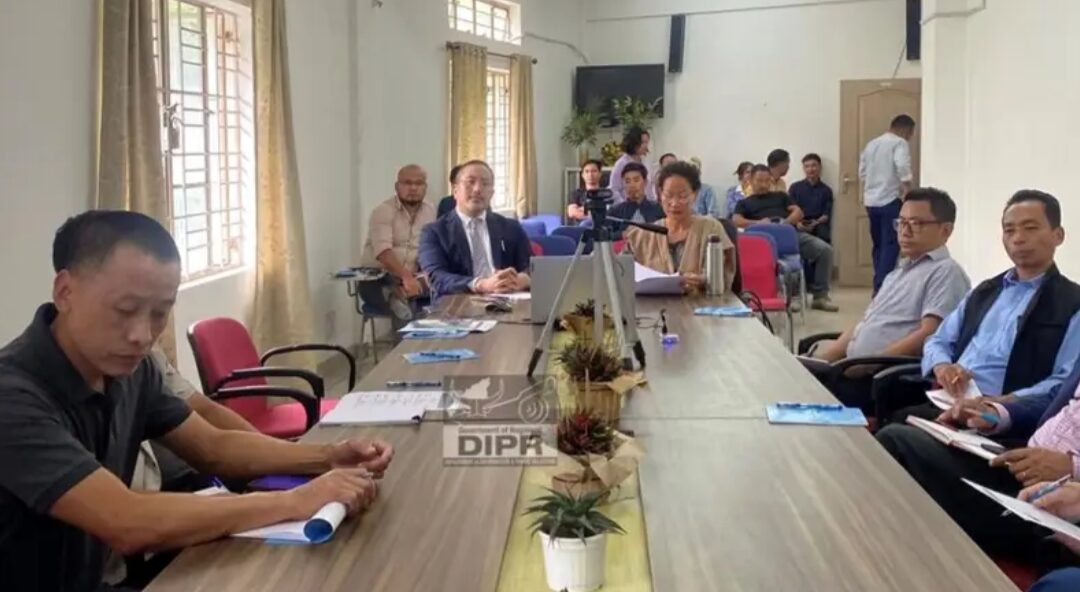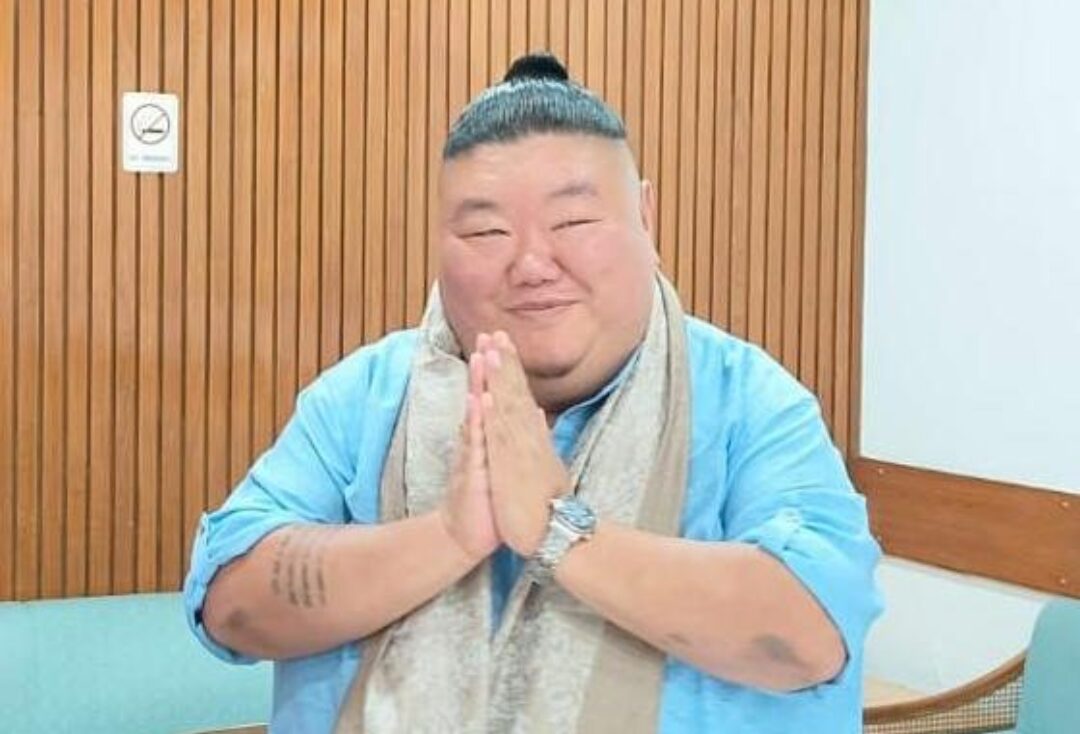The Gauhati High Court has quashed the appointments of 935 police constables made by the Nagaland Government between January 2018 and October 2019. This ruling comes after a series of petitions filed by unemployed youth alleging irregularities in the recruitment process.
Justice Devashis Baruah delivered the judgement, emphasizing the need for transparency and fairness in government appointments. The court directed the Nagaland Government to initiate a new selection process for the constable posts, mandating that these positions be advertised publicly and filled in accordance with the law. This move aims to ensure that future recruitments are conducted with integrity and openness.
The judgement also addressed the eligibility of candidates who were previously overlooked. It stated that those who were not selected in the earlier process will now have the opportunity to apply again. Additionally, the upper age limit for both petitioners and respondents has been relaxed, providing a broader window for aspiring candidates to join the police force.
Also Read: Naga Hoho demands justice for Oting massacre victims amid Supreme Court setback
To maintain continuity in policing services, the court allowed the currently appointed constables to remain in service for six months or until new appointments are made, whichever comes first. This interim measure ensures that law enforcement duties are not disrupted during the transition.
The petitions were filed by young individuals who felt disenfranchised by the lack of transparency in the previous recruitment process. They argued that the Nagaland Government had bypassed essential procedures, including public advertisements for the posts. The court’s decision is a response to these grievances, underscoring the importance of fair and lawful recruitment practices.
Also Read: Global Naga Forum condemns Supreme Court’s Oting incident ruling
The fresh recruitment process will involve public advertisements and strict adherence to legal requirements, ensuring that all eligible candidates have an equal chance. This ruling sets a significant precedent for future government appointments, highlighting the necessity of transparency and compliance with legal protocols.
In essence, the Gauhati High Court’s decision is a step towards restoring trust in government recruitment processes, particularly in critical sectors like law enforcement. It sends a strong message about the importance of fairness and transparency, giving hope to many aspiring candidates who seek opportunities based on merit rather than favoritism.




